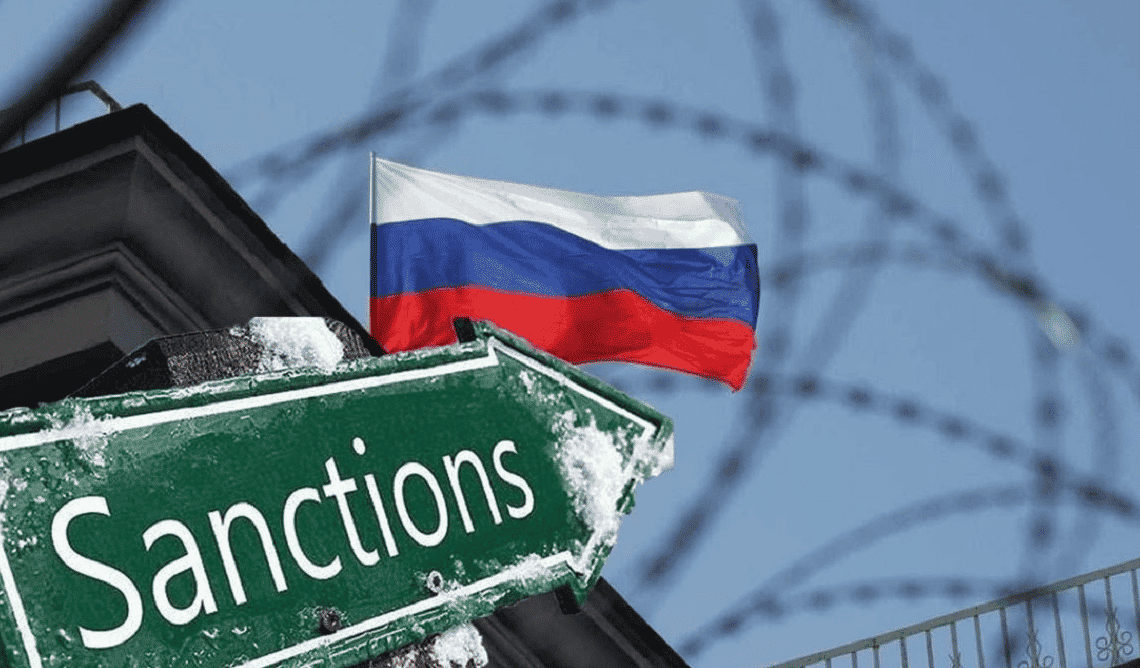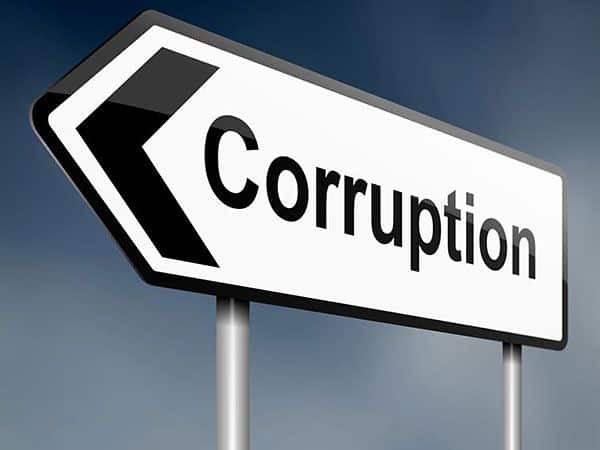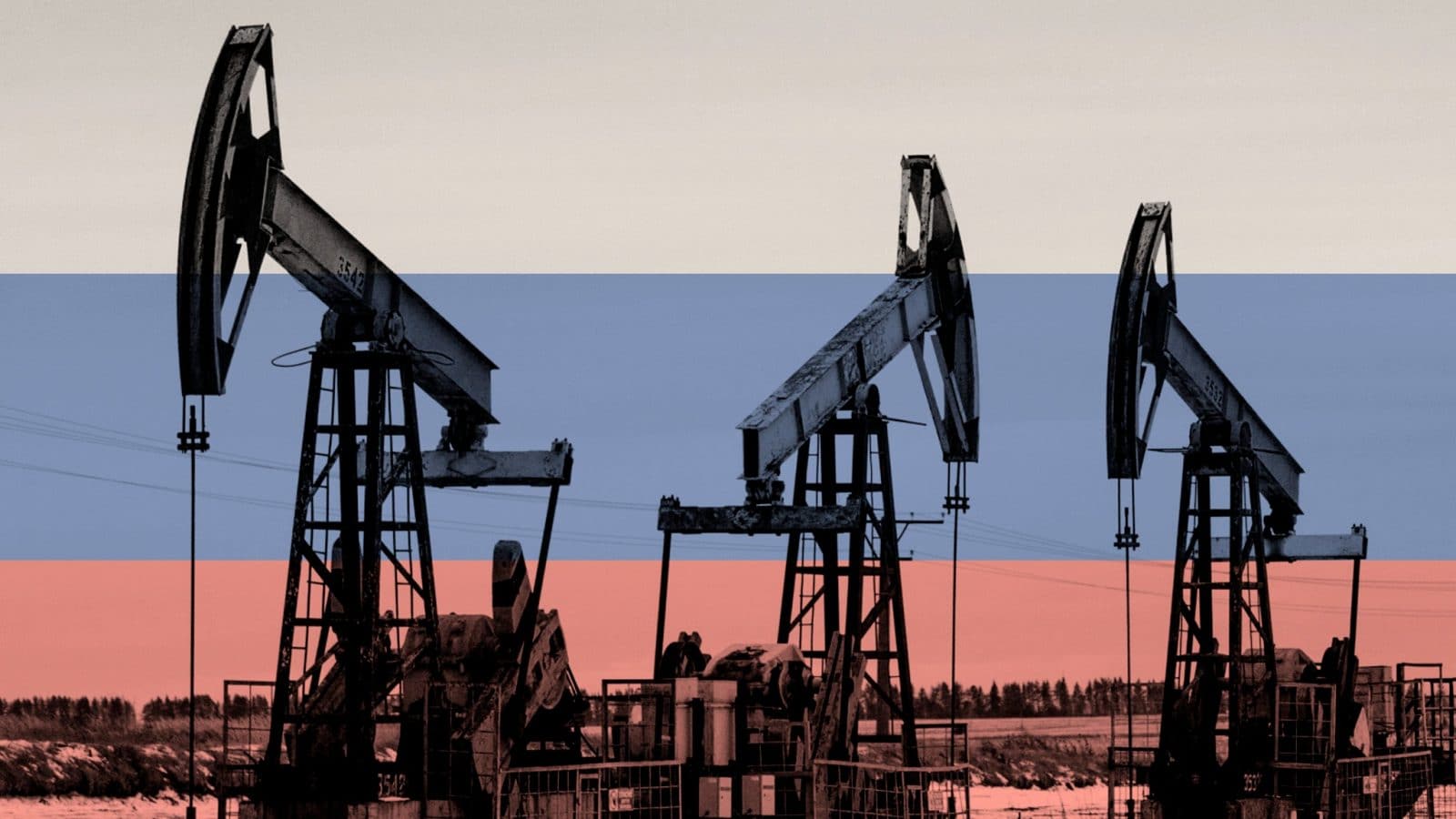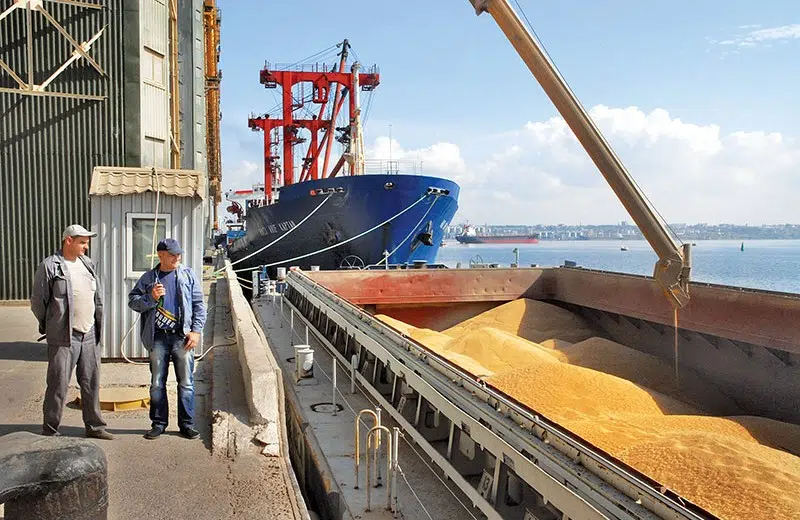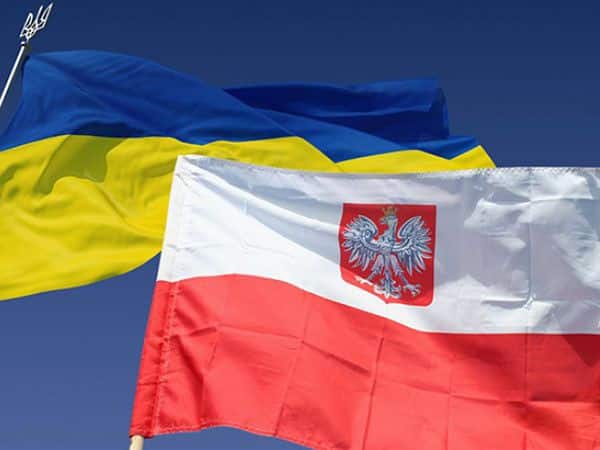Table of Contents
The idea of revitalizing Ukraine’s economy and attracting the necessary financial resources for this is usually associated with the post-war period. This seems understandable, as it is difficult to make plans while a part of the country is occupied and fierce battles are ongoing.
However, this does not mean that the economy can wait until everything calms down. The state of the economy largely determines ability to successfully fight for freedom and global security. The better Ukrainian economy weathers the war, the stronger the impetus for recovery and growth will be afterwards.
However, war has a negative impact on investor sentiment. Firstly, the state of active warfare is perceived as synonymous with absolute uncertainty. Secondly, until February 24, 2022, there was no mechanism in place for insuring such large-scale war risks.
While the first reason is more about each individual’s subjective attitude, let’s consider the second reason, which is something we can influence. Insurance against war risks is extremely necessary and a completely viable tool for Ukraine today.
It is quite understandable that foreign investors, when investing in the economy of a country experiencing active combat operations, seek to protect their investments.
So, what is happening with insurance in the legislative field?
Currently, the Verkhovna Rada of Ukraine (Parliament) has introduced Draft Law No. 9015 On Amendments to the Law of Ukraine On Financial Mechanisms to Stimulate Export Activity regarding the insurance of investments in Ukraine against war risks. This expands the capabilities of the Export credit agency, granting it the right to provide insurance and reinsurance for direct investments, including insurance of investments in Ukraine against risks that may be caused by armed aggression, combat actions, and/or terrorism.
The draft law No. 9015, which has been adopted by the Verkhovna Rada of Ukraine as the basis, stipulates that such insurance is provided exclusively on the condition that investments are directed towards the creation of objects and infrastructure necessary for the development of processing industries and the export of goods (works, services) of Ukrainian origin.
Investment insurance services can be provided both by Ukrainian insurers and international institutions.
What about in practice?
In practice, the Ministry of Economy of Ukraine has sought assistance from international financial institutions.
The Multilateral Investment Guarantee Agency (MIGA) has already started providing guarantees for war risk insurance in Ukraine from the Support to Ukraine’s Reconstruction and Economy Trust Fund. The details of all the projects are currently not disclosed. However, it is known that an agreement has been reached to increase the guarantee from €17.1 million to €40.85 million between MIGA and the German banking holding ProCredit.
This decision was announced in London during the Ukraine Recovery Conference 2023 (URC-2023). The increase in MIGA’s guarantee applies to ProCredit’s investments in the capital of its Ukrainian subsidiary, ProCredit Bank, to support Ukrainian small and medium-sized businesses. The mentioned program will be in effect until December 2025.
The Ministry of Economy has also approached the US International Development Finance Corporation (DFC) and G7 Export Credit Agencies with a proposal to collaborate on risk insurance. Specifically, Ukraine is in negotiations with the French agency Bpifrance, which is considering various cooperation options such as insurance through its Export credit agency or participation in the reinsurance risk fund of MIGA.
Furthermore, the European Union, along with international partners, is working on the implementation of military risk insurance to create conditions for attracting private investments and businesses for the reconstruction of Ukraine. The National Bank of Ukraine, in collaboration with the World Bank, is also developing a concept for the establishment of a system for war risk insurance in Ukraine.
What is still lacking?
The most important thing today is to establish a precedent in terms of insuring specifically war risks, as there is interest from potential investors and financial institutions, and steps have already been taken in this direction.
The domestic insurance market should not be underestimated, as it is also adapting to the current realities and creating appropriate products. Currently, the focus is on property and personal insurance. The terms and conditions of such insurance are a separate matter, but it is important that there is already a proposition in this market.
The presence of functioning insurance tools is important for the banking sector as well.
What do we have today?
Banks have been mandated to forgive loans for property destroyed by Russia, including mortgages and vehicles. The initiative is understandable — it is necessary to alleviate the burden on the affected individuals.
However, there is one “but.” What about the losses incurred by the banks? The mechanism for their compensation by Russia does not exist yet.
Summing up, it can be noted that the process of addressing insurance issues in the context of war has begun. We are now expecting further refinement of legislative mechanisms, active engagement from our international partners, and local insurers.
We will implement new solutions to facilitate doing business in Ukraine and reduce the level of anxiety among the population when making significant purchases. I believe that the entire civilized world will support us in this endeavor.
Originally posted by Olena Korobkova on LB. ua. Translated and edited by the UaPosition – Ukrainian news and analytics website
See also: Who will rebuild Ukraine? What does the arrival of the world’s largest investor mean?

